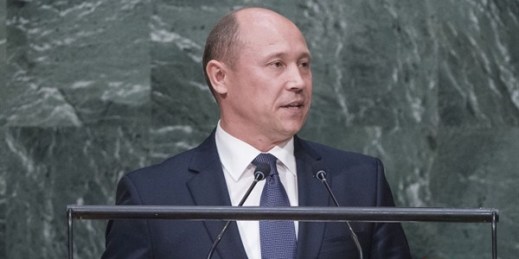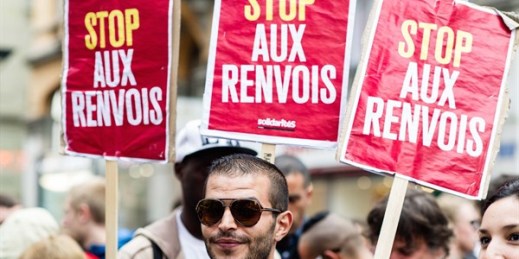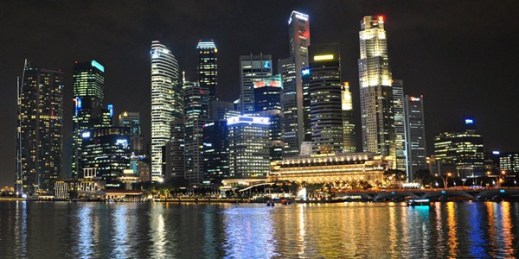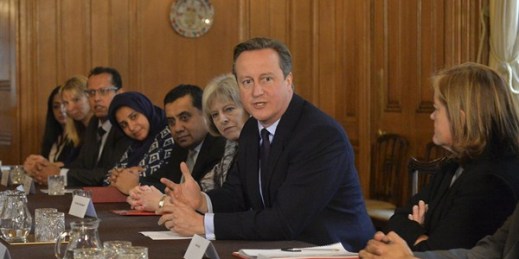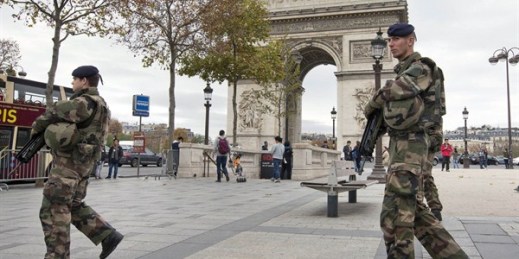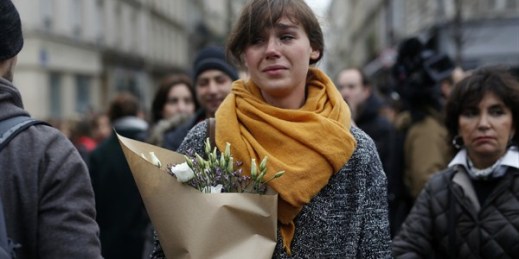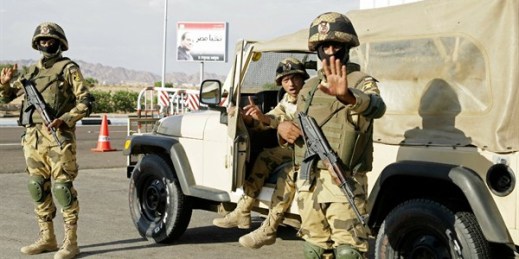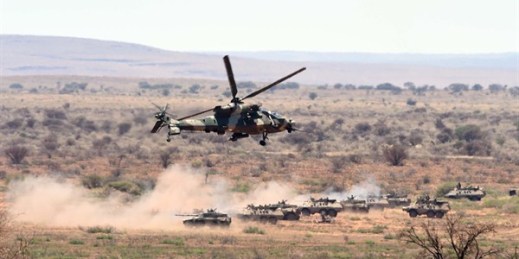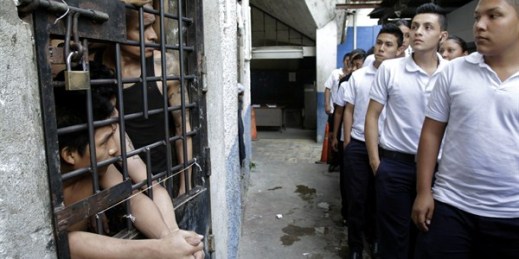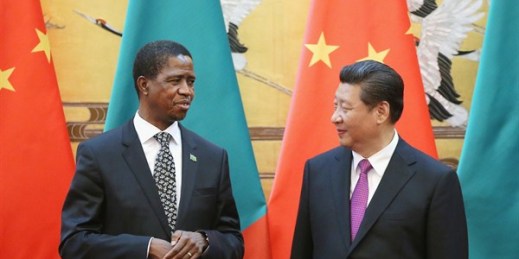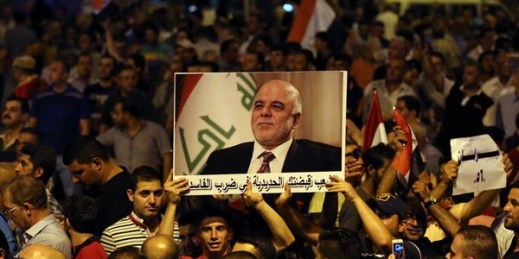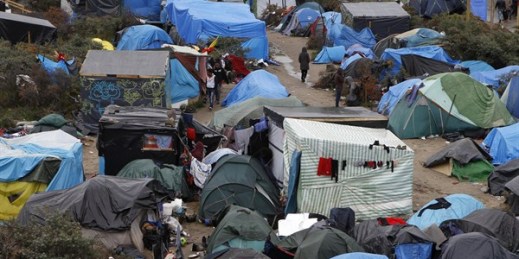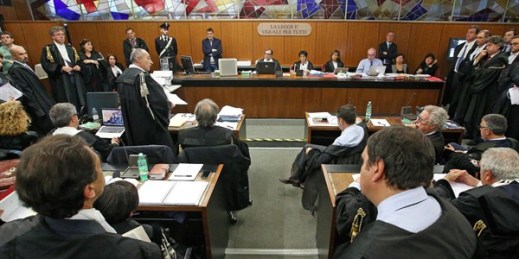
Editor’s note: This article is part of an ongoing WPR series on the impact of corruption and various countries’ efforts to combat it. The trial for 46 people accused of running a Mafia crime ring in Rome that had infiltrated city hall began earlier this month. In an email interview, Daniel Gros, the director of the Center for European Policy Studies in Brussels, discussed Italy’s fight against corruption. WPR: How big a problem is corruption in Italy, and in what areas—including which levels of government—is its impact most felt? Daniel Gros: Outright corruption is mainly a problem at the subnational […]

